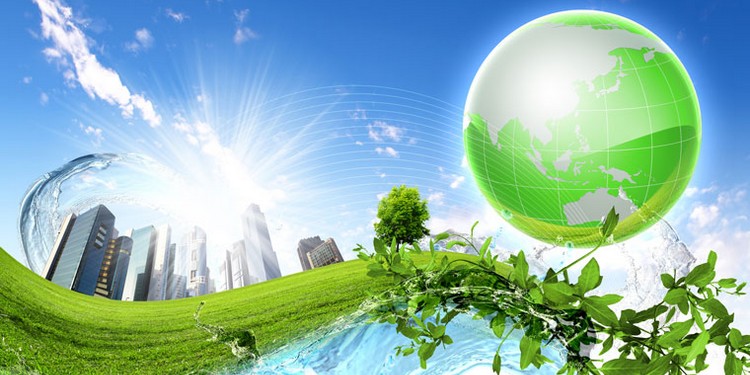
- This event has passed.
The Role of Bioeconomy in Climate Change Mitigation
September 29, 2015 @ 12:30 - 16:00

“The bioeconomy is an important step towards achieving sustainable development in the long-term”
– Miapetra Kumpula-Natri, Member of the European Parliament
The climate change mitigation potential of the bioeconomy is estimated at 2.5 billion tons CO2 equivalent per year by 2030. EU decision-makers and stakeholders gathered to stress the pivotal role that the bioeconomy and bio-based products can play ahead of COP 21 in Paris, coupled with its potential to provide win-win situations benefitting both the environment and the economic growth of Europe.
Ahead of COP 21 in Paris, Miapetra Kumpula-Natri MEP, member of EP Intergroup on “Climate Change, Biodiversity and Sustainable Development”, gathered Parliamentarians and stakeholders in the European Parliament to discuss the pivotal Role of Bioeconomy in Climate Change Mitigation.
The benefits of a bioeconomy and bio-based products were made clear by all stakeholders, particularly focusing on carbon sequestration and storage benefits, and the need to replace fossil-carbon-based materials. The need to look at new markets and identify efficient sources of biomass was also pointed out as vital for reaching the promise of a bioeconomy. The need to include bio-based solutions in public procurement was also highlighted along with creating the appropriate legal framework to commercialise bio-based products.
Peter Wehrheim from DG Climate Action highlighted that “the bioeconomy offers many opportunities for climate change mitigation by decarbonising the EU economy while at the same time sustaining growth and jobs”. He added that “the EU needs careful and coherent policy designs to ensure that the bioeconomy helps Europe live within its limits”. In terms of investments to research and innovation, Mr Wehrheim stated that “every Euro invested now will produce 10 Euros of added value in 2025”.
The importance of the forestry sector in a bioeconomy was continuously reiterated, but the limited availability of land and resources was pointed out by Linde Zuidema from FERN. It was highlighted that “the forestry sector provides an example of where different demands compete and a better understanding is needed for resource efficiency and trade-offs between different uses in the light of a circular economy”.
The private sector is also actively working towards a bioeconomy. Matthew Reddy from the World Business Council for Sustainable Development (WBCSD) stated that “cross-sectoral collaboration is essential” in achieving this, as well as “value chain partnerships and creating a common language among the various sectors”.
The meeting was hosted by Miapetra Kumpula-Natri MEP and Chair of the “Bioeconomy” working group of the EP Intergroup “Climate Change, Biodiversity and Sustainable Development”, who provided a Resolution[1] to be brought on behalf of the “Bioeconomy” working group to the 21st UNFCCC Conference of the Parties. The resolution reiterates a report produced by OECD[2] that assesses “the full climate change mitigation potential of biotechnology processes and bio-based products ranges from between 1 billion and 2.5 billion tons CO2 equivalent per year by 2030”. The resolution also urges the EU to acknowledge the potential benefits and contribution of the bioeconomy towards climate change mitigation and the development of a circular economy.
[1] https://ebcd.onlinedemo.eu/wp-content/uploads/2015/07/Bioeconomy-WG-Resolution.pdf
[2] http://www.oecd.org/sti/biotech/49024032.pdf
Presentations
Ernst Worrell – University of Utrecht
Matthew Reddy – World Business Council for Sustainable Development


